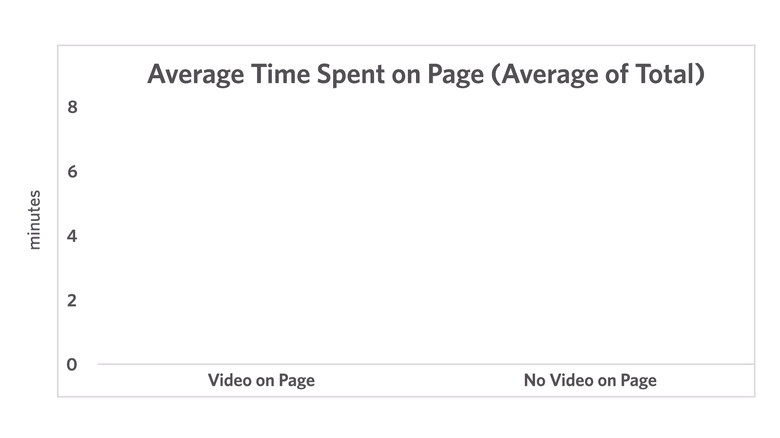The growing importance of user experience in search engine optimisation (SEO)

By Emi Ikemoto, Junior Account Executive
As we approach the latest update to Google’s algorithm, it is clear that user experience (UX) has never been more important to websites’ search engine rankings. UX and user engagement go hand in hand – not only will websites with strong UX be rewarded by Google’s algorithm, but it will also result in increased user engagement which, in turn, helps boost rankings.
Let’s have a look at what factors affect UX and how brands can best position themselves to take advantage of the upcoming changes.
User experience and engagement factors
Page Experience update
An important new ranking factor which Google will take into consideration is Page Experience, which incorporates Core Web Vitals (visual stability, interactivity and loading) with other factors including mobile optimisation.
Measuring these web vitals will help give companies further insight into the quality of experience they are providing to their users. Responsive, mobile-optimised web designs are the order of the day.
This is important. Google explains that, although Page Experience does not diminish the need for good content, it can be a much more important factor for visibility in search when it comes to distinguishing between multiple pages with similar levels of relevance.
Originally scheduled for mid-May, Google recently announced the postponement of its Page Experience algorithm update launch to mid-June, giving site owners some additional time to prepare.
User intent
Another important factor is semantic search. Updates and models such as the 2013 Hummingbird update and BERT have greatly improved Google’s ability to understand the context of words and the intent behind searches and, as a result, better match users with relevant results.
This means producing content which is not only optimised for target keywords but also really understands and addresses the user’s intention is vital. As an added bonus, this also results in lower bounce rates (the rate of users who click on a website then exit that same page without taking any action).
Bounce rate, dwell time, pages per session
Bounce rate, dwell time (amount of time a user spends on the page they’ve clicked on before returning to SERPs) and pages per session (how many pages a user visits on a website during one session) are also significant engagement metrics to indicate how relevant and valuable a visitor finds a page and website.
Google is still yet to confirm whether bounce rate and pages per session are considered in the ranking algorithm. But website owners should look to track and improve them to indirectly improve dwell time, which, as a metric that only search engines can access, is almost certainly a ranking factor.
Increasing user engagement
Multimedia content
There are many ways to boost user engagement that are great for SEO. One example is including multimedia content in your website. Embedding videos and infographics is not only a great way to break up page copy and convey information in an eye-catching way, but can also increase users’ time spent on pages. Wistia found that videos more than double user time spent on pages.
Interactive tools and augmented reality
Going further, a sure-fire way to capture a user’s attention is to provide value with an interactive tool. From online quizzes to responsive chatbots, occupying someone’s time by having them interact with a feature is great for SEO and user experience. Augmented reality isn’t new technology, but it is now going mainstream, such as with eyewear retailers allowing users to virtually try on products. The use of Augmented reality on a website is great for engagement and also has the potential to significantly boost revenue growth.
Include internal links
The use of well thought out internal links makes it easier for users to navigate through a website, guiding someone from one page to other related pages. For example, publishing the additional information on complex topics as a separate post and linking to it from the original piece would help increase average pages per session.
Conclusions
Search engines are notoriously secretive about revealing all of the metrics that they do and don’t include in their algorithms. So, what can you do? Measure and track the metrics that are accessible, keep up to date with the few secrets they do confirm by subscribing to our Digital Digest and keep the interests of the target audience at the forefront of all decisions.
Interested in search engine optimisation and improving user experience for your website? Find out more about our digital marketing services or contact us at digital@aspectusgroup.com.
Related News
-

Getting AI to train your spokespeople
June 27, 2025 -

25 years of TradeTech – the good, the bad and the road ahead
May 19, 2025
 Gif source
Gif source